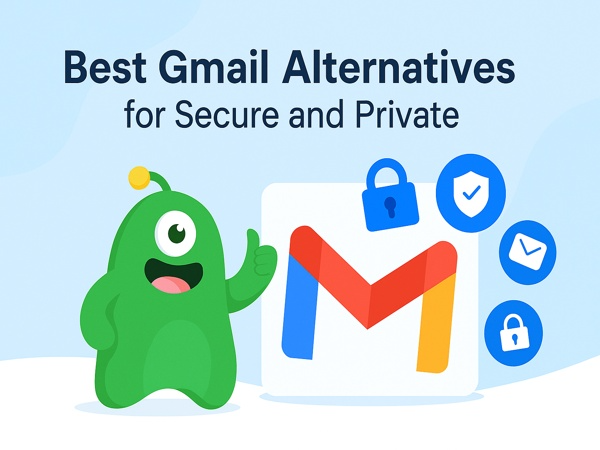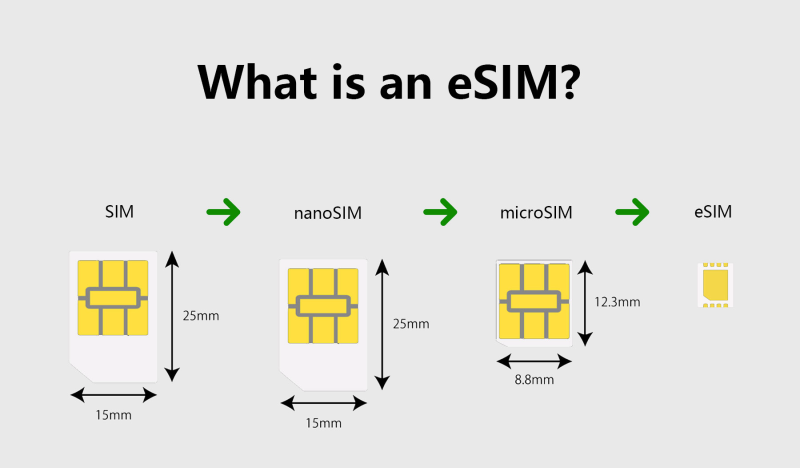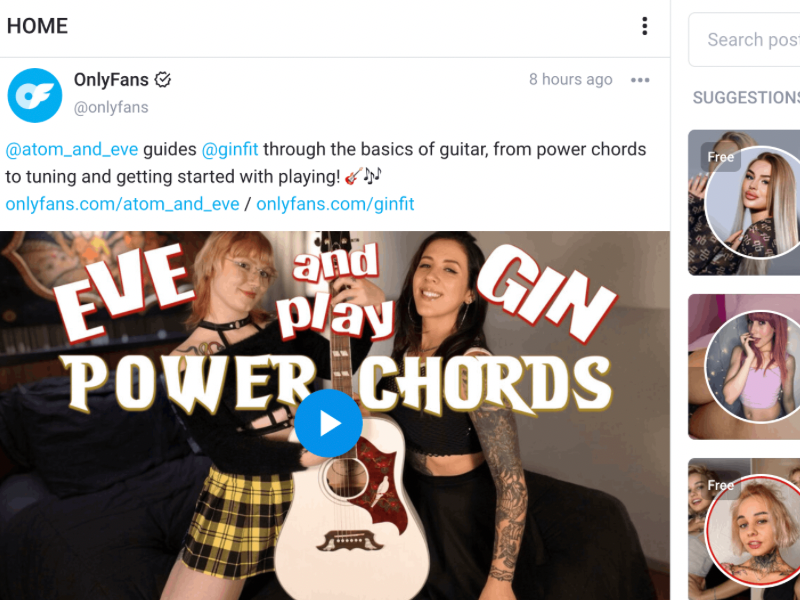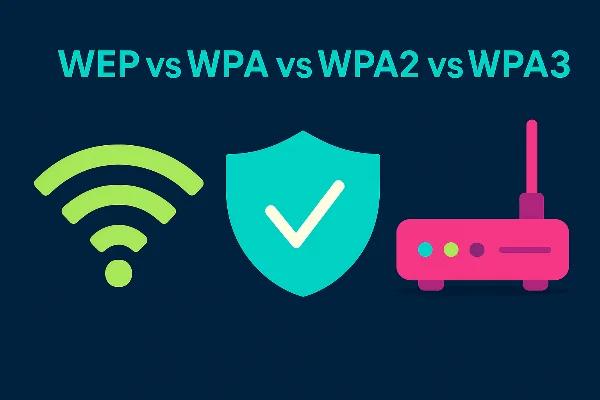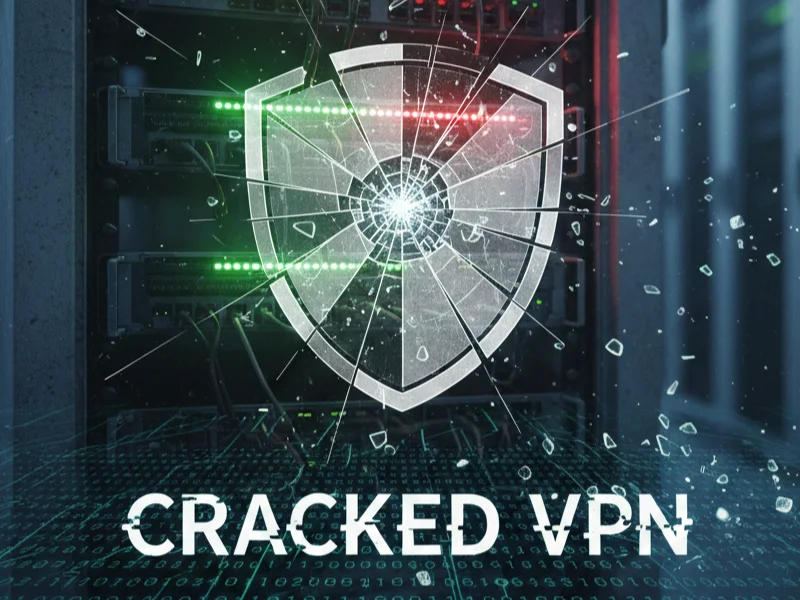Usenet Origins: A Pre-Web Pioneer
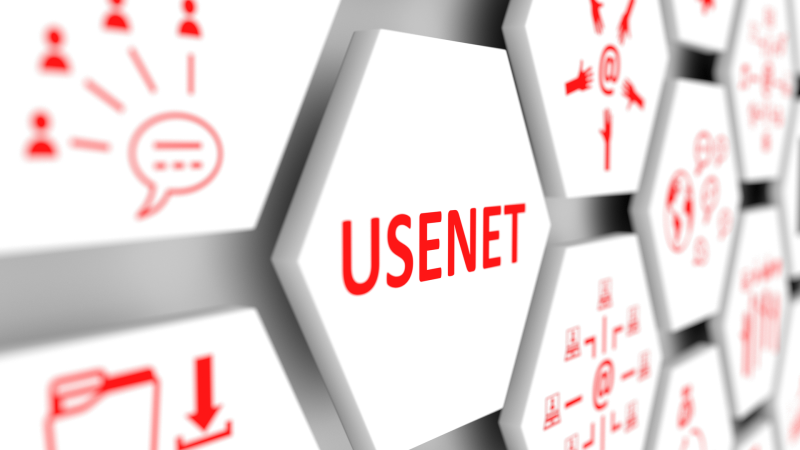
Before browsers and websites, Usenet launched in 1979 as a university project to share messages among academics. Created by Tom Truscott and Jim Ellis, Usenet used a protocol called NNTP (Network News Transfer Protocol) to propagate posts across a mesh of servers. Think of it as email without addresses—posts appeared in newsgroups organized by topic, from politics to programming. Today, understanding what is Usenet starts with appreciating its role as the internet’s earliest social network.
How Usenet Works: Servers, Newsgroups & NNTP
At its core, what is Usenet boils down to three elements:
- News Servers - Distributed worldwide; each stores posts and shares updates with peers.
- Newsgroups - Topic-based forums (e.g., comp.lang.python for Python discussions).
- NNTP - The protocol clients use to connect, read, and post messages.
When you post to a newsgroup, your client sends the message to your provider’s server, which then forwards it to connected peers. Within minutes—or seconds—the post replicates across the network. This decentralized model makes Usenet resilient: no single server outage kills the system.
Accessing Usenet: Clients and Providers
To join Usenet, you need two components:
- Usenet Provider - Companies like Giganews, Newshosting, and Astraweb offer server access—often with free trial periods.
- Newsreader (Client) Software
- Text Clients: Thunderbird, Pan, or KNode for reading and posting messages.
- Binary Clients: NZBGet, SABnzbd for downloading files using .nzb index files.
Most providers support SSL/TLS encryption on port 563, crucial for privacy. And yes, what is Usenet becomes easier to grasp when you see posts streaming through your chosen client.
Text vs. Binary Groups: Finding What You Need
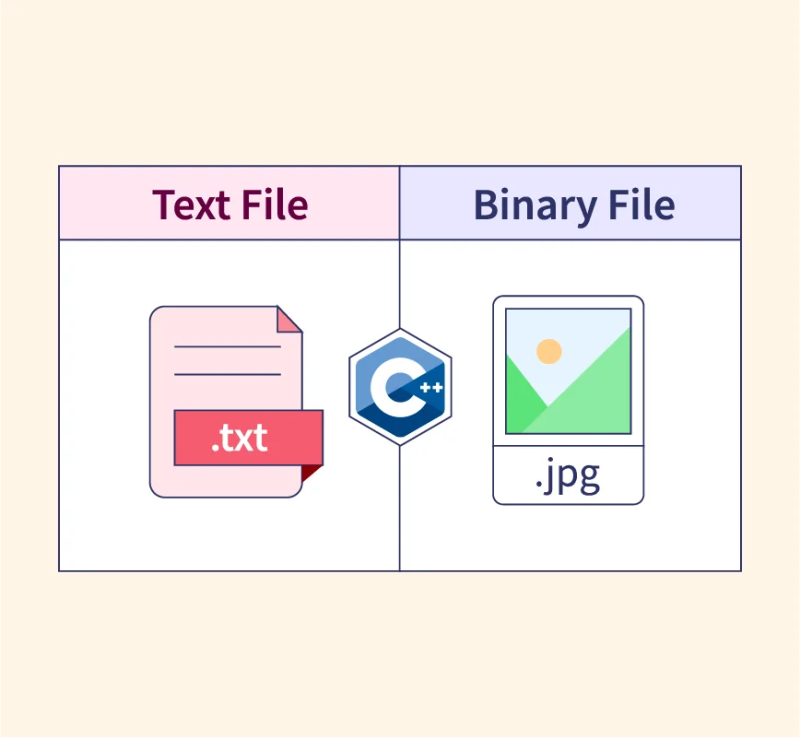
Newsgroups split into two main categories:
- Text Groups - Traditional forums for discussions, Q&A, announcements. Great for learning and archives.
- Binary Groups - Store attachments—images, documents, software. Files encoded in Base64 populate these groups.
To download binaries safely, use an index site (e.g., NZBIndex) to fetch NZB files, then load them into your binary client. This keeps bandwidth efficient and avoids manually sifting through thousands of posts.
Searching & Indexing Usenet Content
Unlike web pages, Usenet lacks a built-in search engine. Instead, third-party indexers crawl servers and catalog posts:
- Free Indexers: binsearch.info, nzbindex.com
- Paid Services: Newzleech, Usenet-Crawler, offering advanced filters and API access.
By searching NZB indexes, you quickly locate content without manually navigating newsgroups, answering what is Usenet in practice: a searchable repository of decades-old discussions and files.
Privacy Risks on Usenet
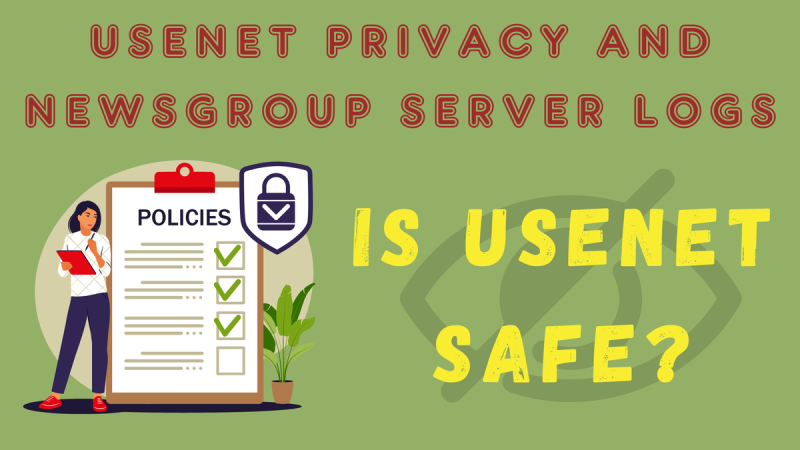
While what is Usenet provides unmatched access to legacy content, it carries privacy pitfalls:
- IP Exposure: Your IP logs on each server you connect to.
- Unencrypted Connections: Without SSL/TLS, your ISP can see your Usenet traffic.
- Retention Logging: Providers may keep download logs, linking you to specific binary fetches.
To preserve anonymity, always connect over encrypted channels and consider further protections.
Protecting Your Usenet Activity with Best free VPN
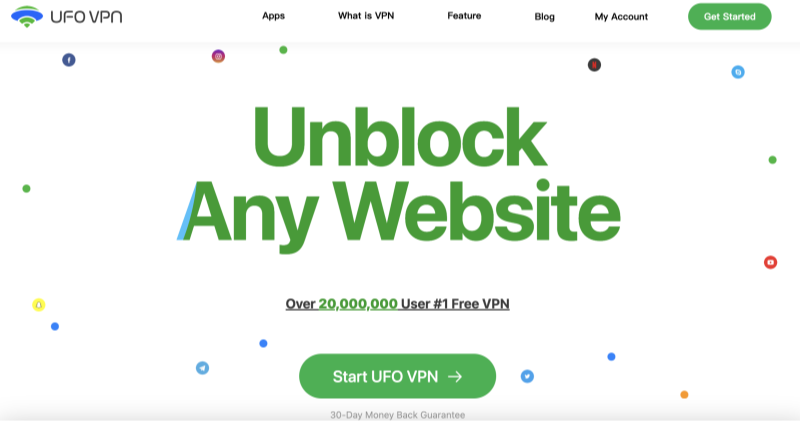
Here’s where UFO VPN elevates your Usenet experience:
- Encrypted Tunnel: All your NNTP traffic—reads, posts, binary downloads—travels inside UFO VPN’s AES-256-GCM tunnel.
- Zero-Log Policy: UFO VPN never stores connection timestamps or IP addresses, unlike some Usenet providers.
- Stealth DNS: Prevents DNS leaks that might reveal your Usenet usage to ISPs.
- Auto-Reconnect: If your VPN drops, UFO VPN instantly reestablishes the tunnel, preventing accidental unencrypted sessions.
How to Set Up UFO VPN for Usenet:
With 3000+ server in over 100 countries, UFO VPN is open to download as a free iPhone VPN, free Android VPN(with VPN APK), free Windows VPN and free Mac VPN. Install the app and sign up or log in.
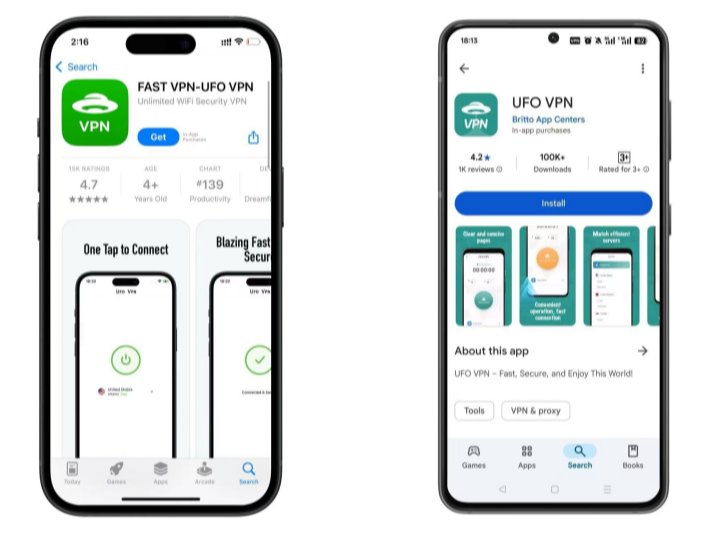
Open the app, choose a free server locationwhere your desired streaming/gaming/browsing platform is available.
We recommend free USA VPN, free UK VPN and free Australia VPN.
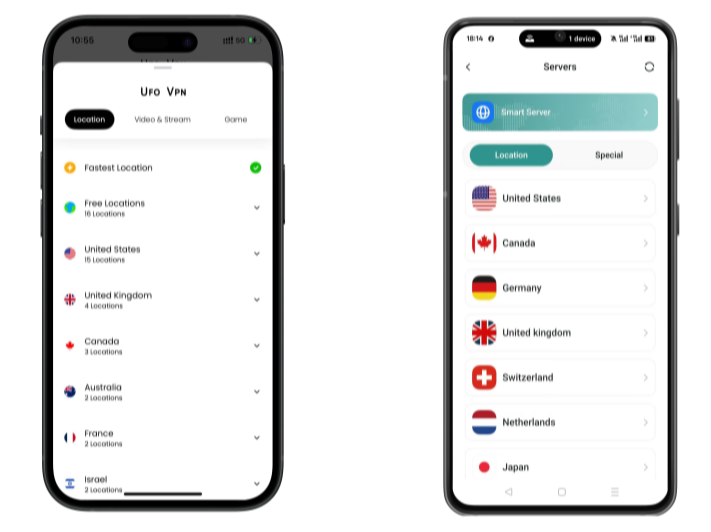
Pro Tip
UFO VPN is compatible with popular platforms in gaming and streaming as CODM VPN, PUBG VPN, Netflix VPN and more!
After connecting, visit What is My IP tool to see your current location and ensure your real IP is visible.
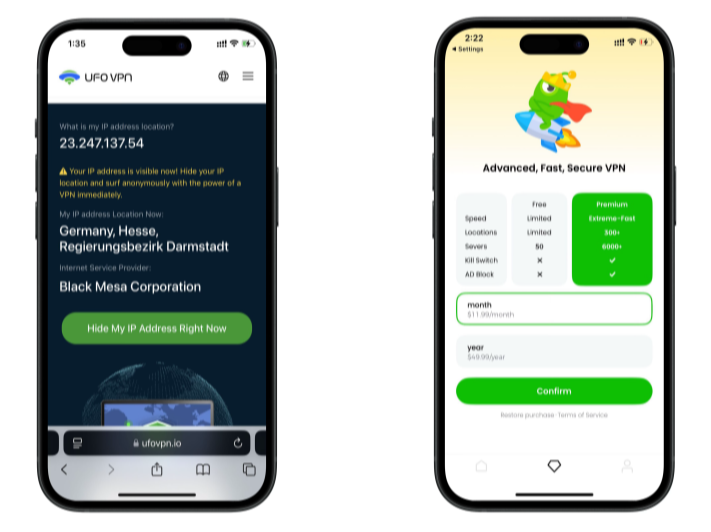
With all set, visit your favorite platform and start browsing without geo-blocks or buffering!
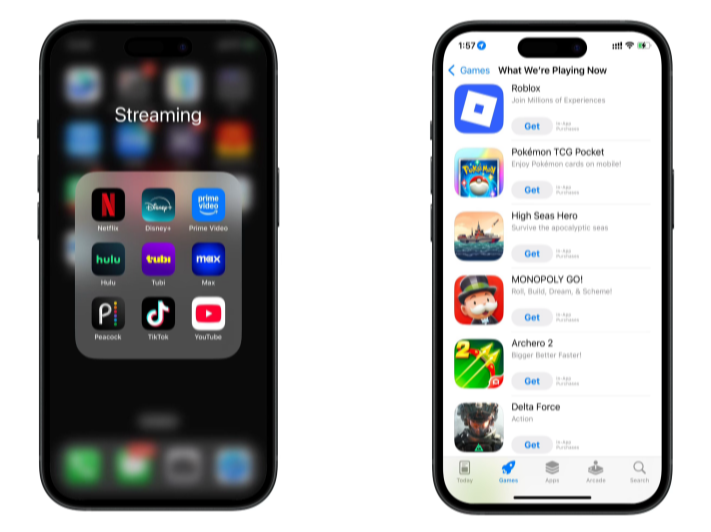
By layering UFO VPN’s protections on top of SSL-capable Usenet providers, you gain maximum privacy—no more exposed IPs or retention linkages.
Usenet Best Practices
- Always Enable SSL/TLS: Use secure ports to encrypt Usenet sessions.
- Rotate Providers: Distribute your traffic to avoid hitting retention limits.
- Monitor Retention Policies: Higher retention (e.g., 10,000+ days) gives broader access.
- Respect Copyright: Download only from public domain or legally hosted content.
- Update Clients Regularly: Keep your newsreader and VPN client on the latest versions.
- Clear Cache: Regularly purge cached articles to free disk space in your client.
- Use NZB Indexers: Avoid posting bots—stick to credible indexing sites.
FAQ
Q: What is Usenet used for today?
Usenet remains a hub for niche discussions, open-source archives, and large file distribution—especially in communities that value decentralization and historical archives.
Q: How do I choose a Usenet provider?
Compare retention, completion rates, server speed, and free trial length. Look for SSL support and consider bundle deals with VPNs like UFO VPN for an all-in-one privacy solution.
Q: Can ISPs block my Usenet access?
Yes, some ISPs throttle or block NNTP ports. Using UFO VPN hides your NNTP traffic, ensuring uninterrupted access.
Q: Is Usenet legal?
Usenet itself is a legal protocol. The legality depends on content: public domain posts are fine; copyrighted binaries may violate laws in your jurisdiction.
Conclusion
By now, you know what is Usenet—a decentralized, decades-old network for discussions and file sharing—and why privacy matters when connecting. Pairing an SSL-enabled provider with UFO VPN’s encrypted tunnel, zero-logs policy, and DNS leak protection gives you the safest, fastest Usenet experience in 2025. Embrace this resilient network with confidence, knowing your data and identity stay fully protected. Happy reading—and downloading!



